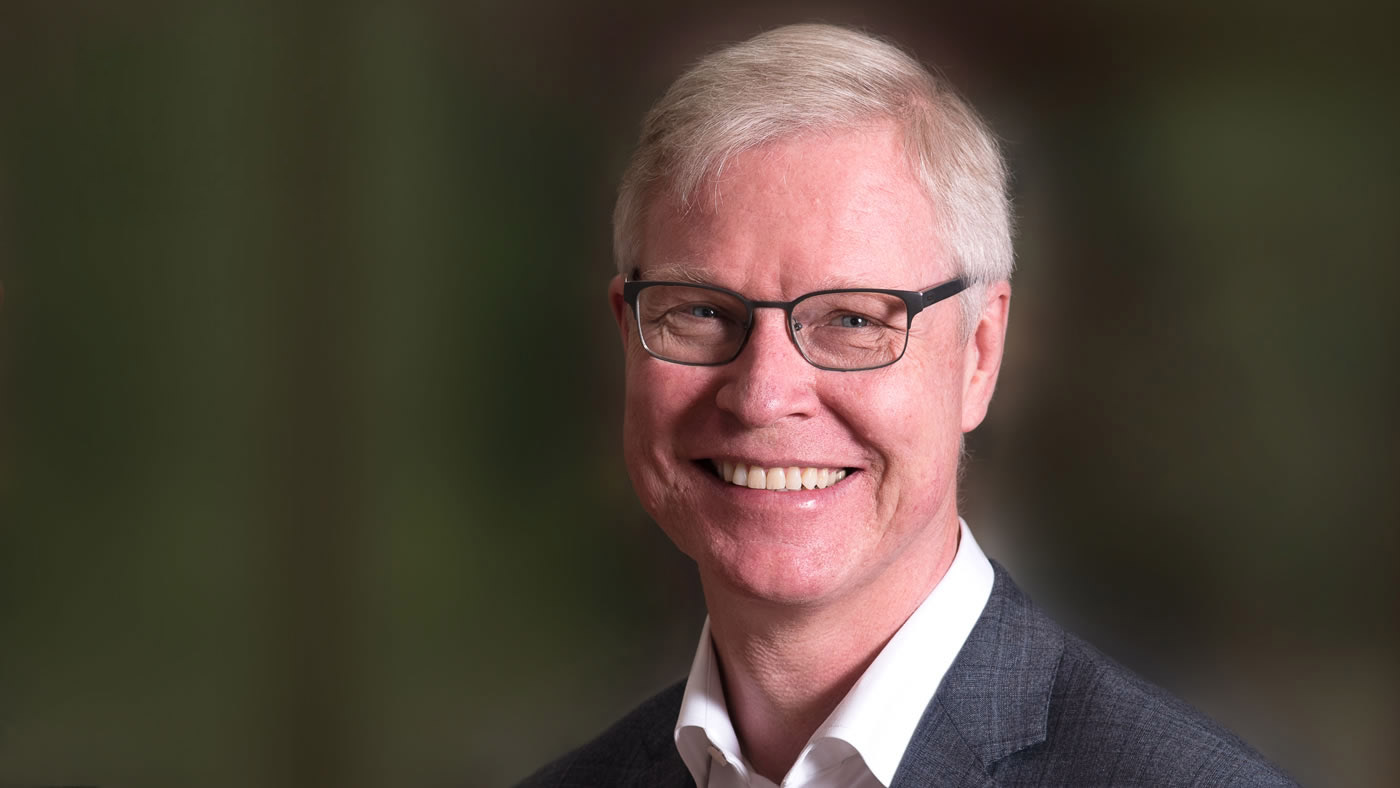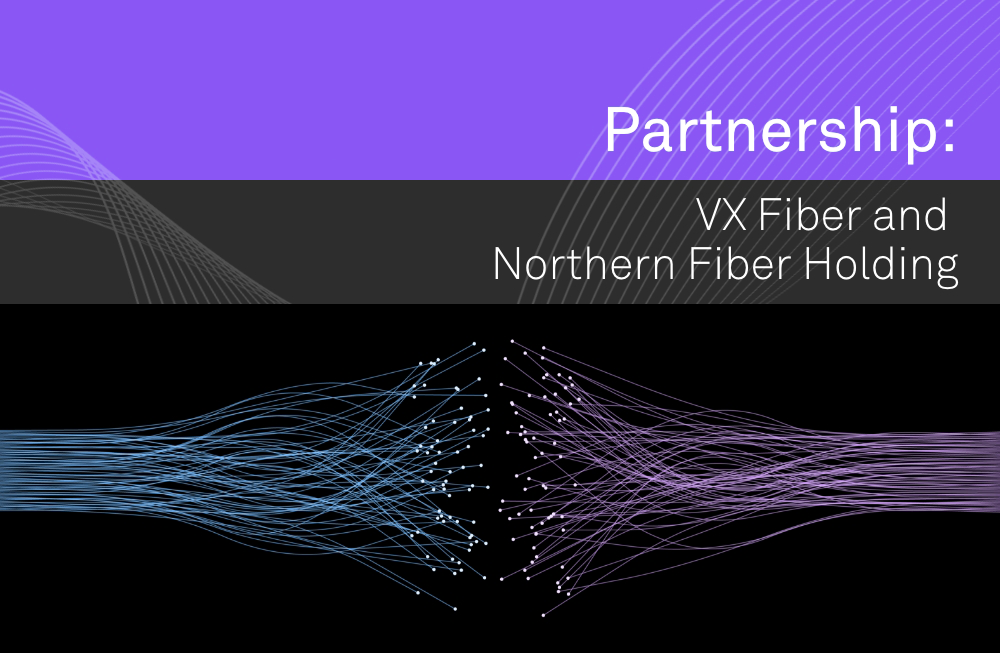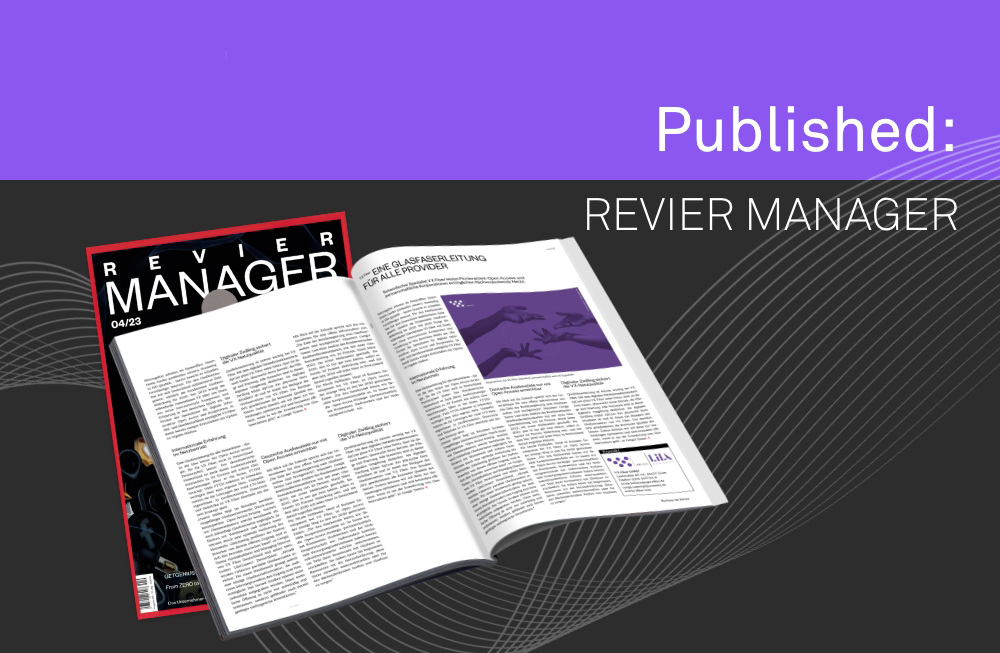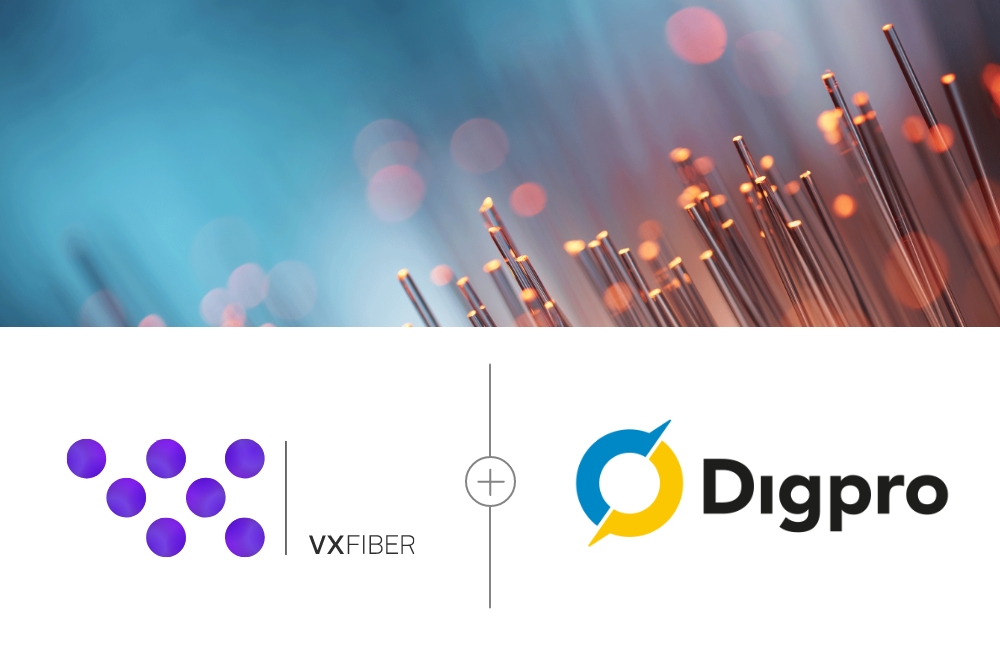Mikael Sandberg, Chairman at VX Fiber
Total Telecom spoke to Mikael Sandberg, Chairman of VX Fiber, to find out how the UK can continue to sharpen its focus on full fibre services, as the industry continues to address the challenges around COVID-19 and gears up for another big FTTP push.
The UK has moved from FTTP penetration levels of 7% end 2018 to 12% end 2019 (Connected Nations Updates – Spring 2019 and Spring 2020) – is fibre deployment happening quickly enough or do we need to pick up the pace?
1. The UK has moved from FTTP penetration levels of 7% end 2018 to 12% end 2019 (Connected Nations Updates – Spring 2019 and Spring 2020) – is fibre deployment happening quickly enough or do we need to pick up the pace?
The industry is working as hard as it can to achieve the UK government’s ubiquitous full fibre coverage target of 2025. But unless the challenges it faces – from financial and resourcing, to the unprecedented circumstances of a global pandemic – are addressed and resolved, it’s just not possible for the industry to ‘pick up the pace’.
A study by Assembly Research (pre-COVID 19) predicted that ‘Gigabit Britain’ could provide over £50bn gross value added to the economy in five years, growing to £68.8bn in 2030. During lockdown – businesses, the public and the government have relied on internet connectivity more than ever, but the stark reality is that the UK simply needs more fibre in the ground.
For the UK to achieve its full fibre coverage target, there simply needs to be more collaboration and investment from both the public and private sector. The government must continue to play its vital role as a catalyst to achieving this deployment objective – via funding schemes as well as addressing policies/regulations that have acted as a bottleneck in deployment (e.g. the Barrier Busting Taskforce). But we also need to open-up third-party investment opportunities.
2. What are the main challenges that the UK faces as it looks to progress the rollout of full fibre?
As mentioned above, the UK government has punchy targets to hit for the ubiquitous roll out of full fibre gigabit connectivity across the UK (by 2025). But the issue of financing remains one of the major challenges to achieving this goal – and making it more than a pipe dream.
It’s been a topic for discussion within the industry for some time as it has been widely recognised that the government simply cannot do it on its own and requires support from other sectors of society and perhaps those who potentially will gain profusely from the economic benefits connectivity brings. VX Fiber has been very vocal about the need to open-up third-party investment opportunities such as individual regional or local digital infrastructure projects to multiple external investors to help back much needed fibre-to-the-premises (FTTP) roll-out across the country. Not only does this present a huge and scalable opportunity, it will also open-up a more sustainable territory for private investors while helping to power Britain’s race to deliver universal high-speed broadband.
Another challenge appearing across the horizon is the conversation around the democratic ownership of a country’s digital infrastructure. It’s a topic that is really finding its voice. This is something that has been addressed in detail in the ‘Full Fibre Futures: Democratic Ownership and the UK’s Digital Infrastructure’ report, published by Commonwealth (December 2019).
As a result, those directly involved in the decision-making and deployment of full fibre networks are looking at alternative solutions and providers. When we look at alternative owners of the fibre infrastructure, we see private investors, landlords and property developers, but we also see City and County Councils as the key tenants in the deployment of fibre, using existing assets such as cable or ducting laid down for security cameras, traffic management, district heating etc. Contributing that and enabling private investors to come in and leverage on their existing infrastructure, will lower costs and speed-up deployment. We want to encourage Councils to take responsibility for their own digital destiny.
Collaboration between the government, industry and investor communities, as well as a focus on ‘true’ Open Access Models could be the catalyst for accelerating full fibre deployment to the extent that is needed. It will bring the UK a lot closer to achieving its digital destiny (and lofty target) and open-up a more democratic ownership model for infrastructure that is a vital foundation to a thriving society. Something that will be needed even more to boost recovery post-COVID-19 pandemic.
3. VX Fiber has extensive operational experience from among other places in Sweden. Are there any lessons learned in Sweden that will help you here in te UK?
Part of the success of fibre coverage in Sweden is down to the wide adoption of a ‘true’ open access model, whereby fibre is not owned by the same company who provides the service but by different types of fibre owners, such as local authorities, private investors, utilities, real-estate and landowners, who lease the fibre to multiple service providers for them to access and use the network to deliver their own broadband services. This lowers costs for the service providers, encourages greater competition and leads to much higher uptake and financial returns for the fibre owners.
The key lessons learned from Sweden have been the driving force behind our pioneering partnership approach. Sweden has over 70 percent FTTP, with over 60 percent fully connected. Unlike the UK, rolling out fibre connectivity in Sweden is often driven by local authorities and district councils, because they recognise both its economic value and social benefits.
It’s been at the heart of our discussions with UK stakeholders looking for alternative options in getting their communities connected. Our partnerships in the UK with Stoke-on-Trent City Council, Grosvenor Britain & Ireland and Colchester City Council, amongst others, signifies the growing recognition of our unique collaborative approach to fibre connectivity in the UK.
4. How has the industry and VX Fiber coped during COVID-19?
The telecoms industry stepped up to the plate during COVID-19. The challenges faced were predominately concerned with day-to-day working practices. This meant the industry had to pivot to ensure it adapted in a way that balanced the UK’s ambition for connectivity, without compromising the health and safety of contractors, staff, customers and the general public. Along with others in the industry, VX Fiber worked closely with the government to ensure strict adherence to guidelines and directives.
From the start, the industry adopted quick, impactful changes that were guided by a commitment to protecting workers and the community at large. The key-worker status – given by the government, meant that the industry was able to forge ahead with the roll-out of new full fibre networks, but with modifications that considered all tasks through a protection-orientated lens.
Any works involving network maintenance and fault repairs, customer repairs, network build and increasing network capacity were able to continue as normal. Although most new installations in customer premises were put on hold during the critical lockdown period, these are starting to be reinstated against stringent operating procedures. The industry is committed to ensuring that targets are not side-lined by the coronavirus crisis, so it has been prepped and ready to get customers connected in the safest possible way.
For VX Fiber, collaboration has always been at the heart of our operations. Working closely with key stakeholders has been crucial to see us safely through this pandemic. Our goal hasn’t faltered, a gigabit-connected Britain remains well and truly in our sight.
5. What does the remainder of 2020 have in store for VX Fiber?
VX Fiber is committed to long term investment in the UK as a full fibre open access operator. We will continue to progress existing fibre projects and forge new ventures with fibre owners and to co-invest and operate these fibre networks on an open access basis.
For example, VX Fiber is working closely with Stoke-on-Trent City Council to rollout full fibre gigabit connectivity across the city. The network will stretch over 100km and will connect tens of thousands of homes and businesses over the next 10 years.
We are also supporting Colchester City Council by working in collaboration to build and deliver a brand-new Open Access gigabit network across the city. Our role is to invest in the build, and operation, of full fibre infrastructure to get Colchester connected – to reach an initial target of 25,000 premises – and invite Service Providers to that network.
Our partnership with Grosvenor Britain & Ireland has seen projects progress at pace across its London Estate in Mayfair and Belgravia, but we are also branching out to new schemes across the wider region.
This is just a brief insight into the many projects we are supporting. In keeping with our 10-year goal to be part of a multi-million fibre connections network, we will continue to bring the benefits of our Open Access Model to more cities and communities in the UK this year.
And globally, VX Fiber has significant operations in South Africa and some smaller operations in Costa Rica and Malaysia. We are now focusing on Europe, with projects underway in the UK, Belgium, Austria and Germany. We now have over 200,000 connected subscribers across our operating footprint, in Europe, South Africa and South East Asia, and are connecting new users at a rate of 5,000-6,000 per month.






